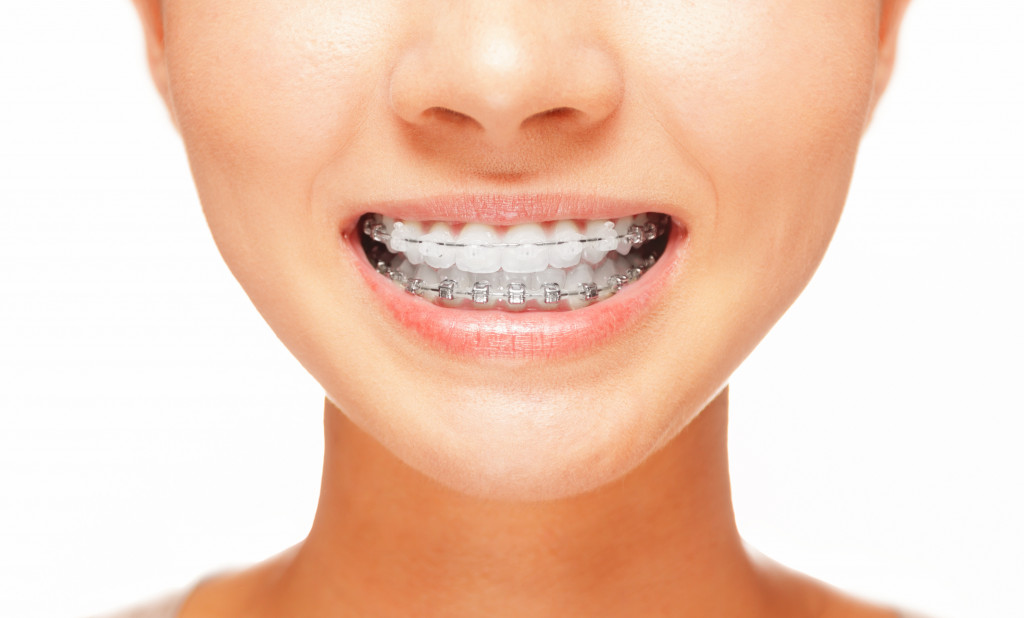Many people were born with overbites. This condition occurs when the top teeth protrude too far over the bottom. This can be due to genetics, atypical swallowing during infancy, or thumb sucking.
There are several types of overbites, but the most common type is a “simple” overbite, which is when the top front teeth overlap the bottom front teeth by 1-2 mm. According to reports, 8% of the population has an overbite of 6mm or more. This severe form of an overbite can cause functional and aesthetic problems.
Although many people with overbites don’t experience any problems, there are some things you should know.
What Are the Risks?
There are several risks associated with having an overbite. The following are some of the most common:
Wear and Tear on the Teeth
When your teeth overlap, it puts extra stress on them every time you move your mouth. This can lead to the enamel wearing down over time, making your teeth more susceptible to cavities, tooth decay, and other problems.
Temporomandibular Joint Disorder
TMJ disorder is a condition that causes pain and swelling in the joints that connect your lower jaw to your skull. Teeth grinding can cause this, often resulting from an overbite.
Obstructive Sleep Apnea
People with overbites are also more likely to suffer from sleep apnea because the position of their teeth can cause the tongue to fall back and obstruct the airway. This can lead to snoring and difficulty breathing during sleep. Sleep apnea is a condition where you stop breathing for brief periods during the night. It can be very dangerous, leading to various health problems like high blood pressure, heart disease, and stroke.
Speech Impediments
If your overbite is severe, it can cause you to have difficulty speaking clearly. This is because the positioning of your teeth can make it difficult to produce certain sounds, leading to a lisp or other speech problems. This problem is usually more common in children, but it can also affect adults.
Inability to Close Lips Fully
If you have an overbite, you may not be able to close your lips entirely. This can cause discomfort, and it can also make it difficult to eat and drink. Many people feel conscious about this, leading to self-esteem issues.
Nutrition Issues
An overbite can also make it difficult to eat properly. This is because you may have a hard time biting into food properly, which can lead to trouble chewing and digesting. You may also be at risk of choking on food since you can’t chew your food properly.
What Are the Treatment Options?
Fortunately, there are several treatment options available for people with overbites. The most common treatment is orthodontics, which involves wearing braces or other devices to gradually move the teeth into the correct position.

If you have a mild case of an overbite, you may not need any treatment at all. But for more severe cases, your dentist or orthodontist may recommend braces, clear aligners, or other corrective devices to help realign your teeth. Surgery is also an option in severe cases, but it’s usually only recommended if other treatments don’t work.
You must consult a professional to determine if you have an overbite and how severe it is. When looking for an orthodontist, check their licenses and orthodontic board certifications. You want a pro who can offer fast but excellent orthodontic services to ensure your road to that perfect smile is not that far ahead.
Why Overbite Correction is Necessary
Treating an overbite can improve the function of your teeth and jaws. A straighter, more aligned smile is easier to keep clean, improving oral health. This also helps reduce the pain and discomfort associated with TMJ, sleep apnea, and other conditions caused by an overbite.
This condition can also worsen over time. If you already have a severe case of overbite and you choose not to treat this, it can lead to more serious problems, such as tooth loss. You will then need to replace the missing tooth/teeth, which can be quite costly.
Correcting your overbite can also offer cosmetic benefits. You will feel less conscious about your smile when you no longer have an overbite. This can lead to improved self-esteem and confidence.
Consulting a pro early on is the best way to check if you need any treatment. If you wait too long, the overbite might worsen, making it more difficult (and expensive) to treat.
An overbite can cause a variety of problems, both dental and medical. The most common treatment is orthodontics, but surgery is also an option in severe cases. It is crucial that you consult a professional to find out if you have an overbite and how severe it is. Treatment for an overbite can improve the function of your teeth and jaws, your oral health, and even your appearance.